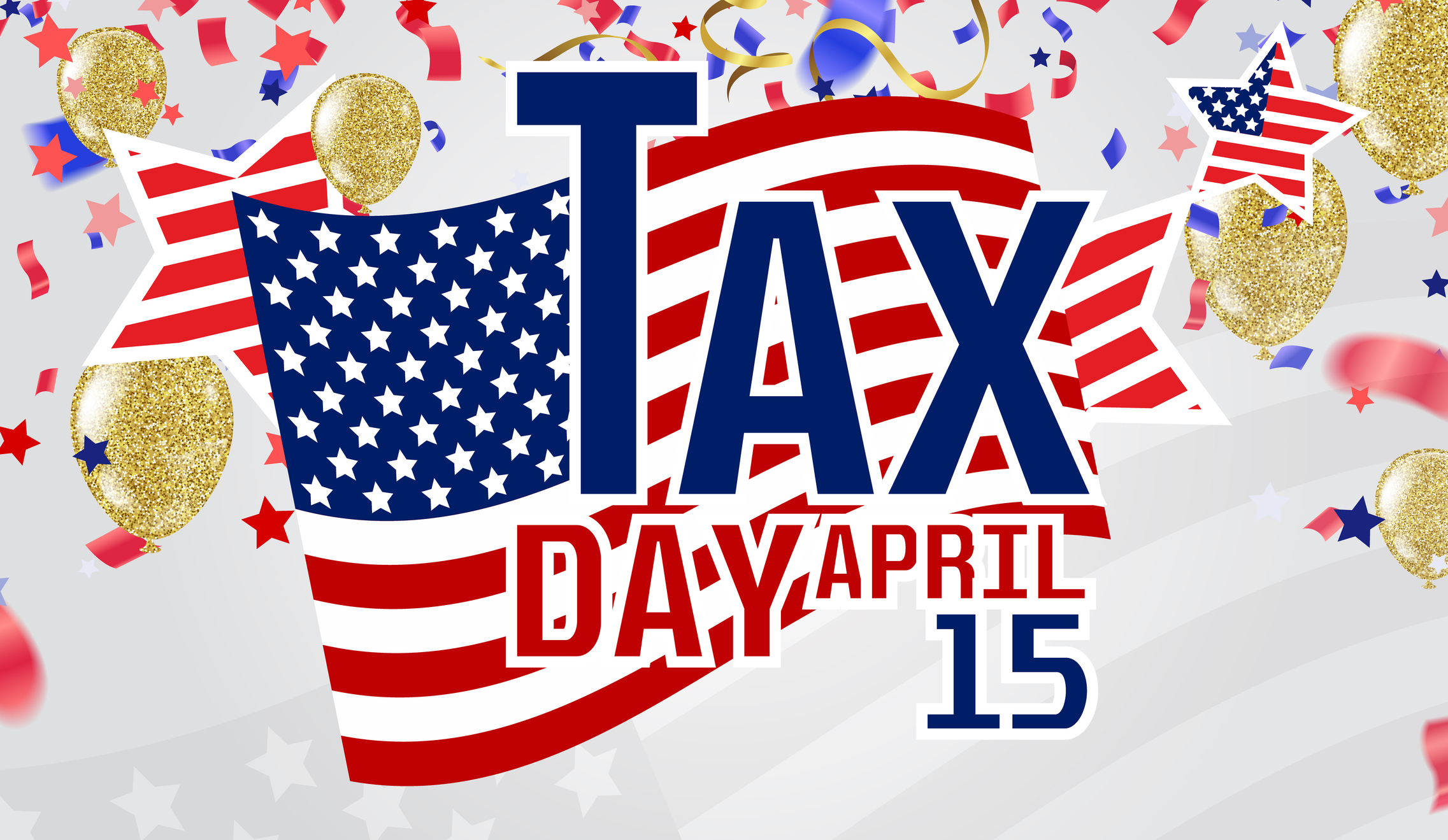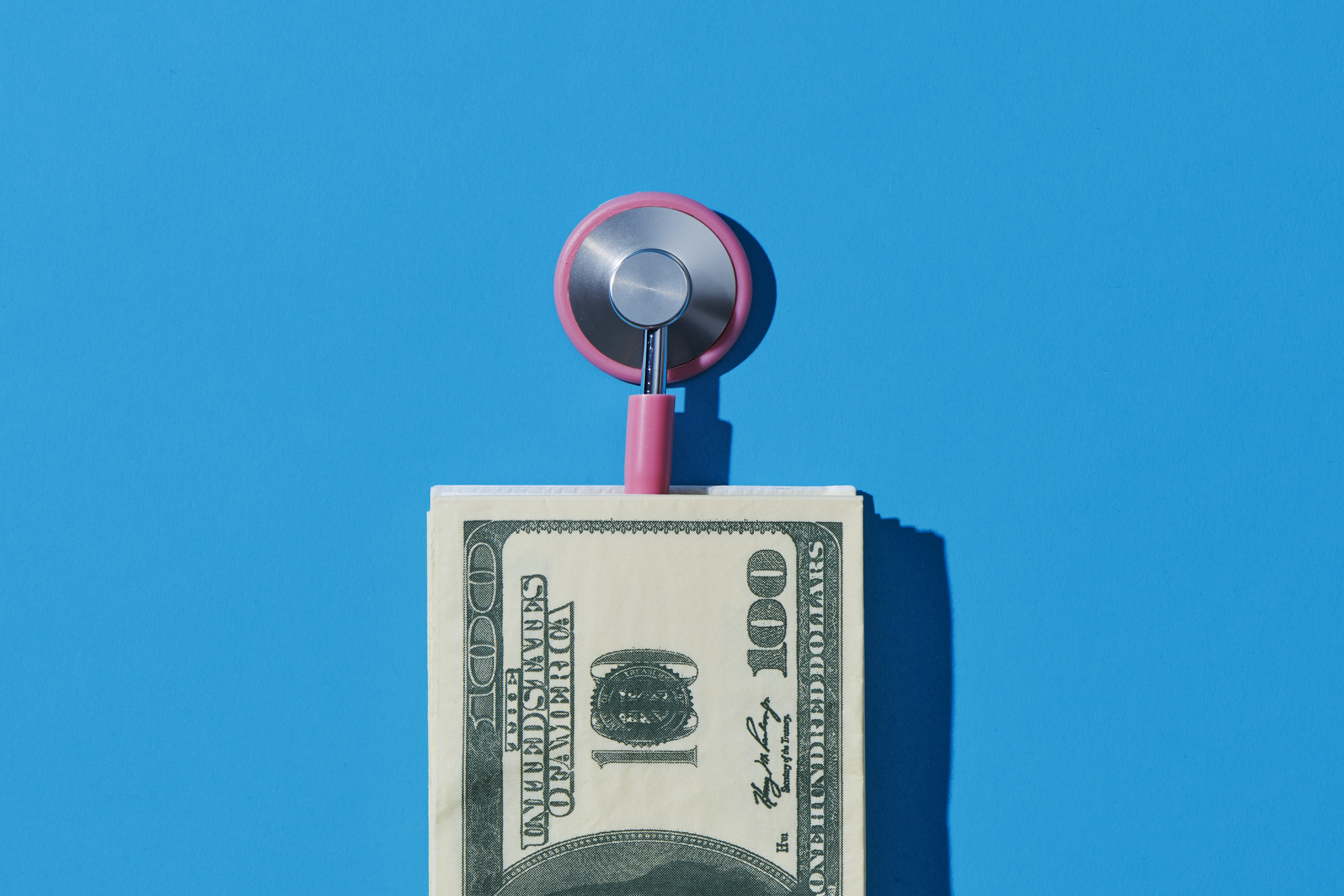American Workers Get Enhanced Unemployment Benefits as Biden Signs Stimulus Package
The American Rescue Plan extends bonus payments of $300 per week and offers a tax break for unemployment benefits collected in 2020.


Profit and prosper with the best of Kiplinger's advice on investing, taxes, retirement, personal finance and much more. Delivered daily. Enter your email in the box and click Sign Me Up.
You are now subscribed
Your newsletter sign-up was successful
Want to add more newsletters?

Delivered daily
Kiplinger Today
Profit and prosper with the best of Kiplinger's advice on investing, taxes, retirement, personal finance and much more delivered daily. Smart money moves start here.

Sent five days a week
Kiplinger A Step Ahead
Get practical help to make better financial decisions in your everyday life, from spending to savings on top deals.

Delivered daily
Kiplinger Closing Bell
Get today's biggest financial and investing headlines delivered to your inbox every day the U.S. stock market is open.

Sent twice a week
Kiplinger Adviser Intel
Financial pros across the country share best practices and fresh tactics to preserve and grow your wealth.

Delivered weekly
Kiplinger Tax Tips
Trim your federal and state tax bills with practical tax-planning and tax-cutting strategies.

Sent twice a week
Kiplinger Retirement Tips
Your twice-a-week guide to planning and enjoying a financially secure and richly rewarding retirement

Sent bimonthly.
Kiplinger Adviser Angle
Insights for advisers, wealth managers and other financial professionals.

Sent twice a week
Kiplinger Investing Weekly
Your twice-a-week roundup of promising stocks, funds, companies and industries you should consider, ones you should avoid, and why.

Sent weekly for six weeks
Kiplinger Invest for Retirement
Your step-by-step six-part series on how to invest for retirement, from devising a successful strategy to exactly which investments to choose.
Millions of anxious, unemployed Americans are breathing a collective sigh of relief knowing that they will continue to receive – without interruption – supplemental weekly federal unemployment benefits into early September after President Joe Biden signed into law on Thursday the $1.9 trillion stimulus package known as the American Rescue Plan Act of 2021.
Biden’s signature comes just days before the enhanced federal unemployment benefits, established by previous stimulus packages, were set to expire. As part of the new plan, nearly one-third of American households who are currently unemployed or will lose their job this summer will receive federal unemployment benefit payments of $300 per week – on top of standard benefit levels – through September 6, 2021. What’s more, as much as $10,200 of unemployment benefits received in 2020 will be exempt from tax for households whose incomes are less than $150,000. (Note: The IRS is working on 2020 tax form updates to account for the new exemption. If you already filed your 2020 tax return, don't rush to file an amended return – wait until the IRS issues instructions.)
The American Rescue Plan, which was finalized by the House on Wednesday in a firmly partisan 220-211 vote (with one Democrat voting no), is the latest iteration of federal health and economic aid to cushion the blows wrought by the novel coronavirus which, since March 2020, has significantly hobbled the American economy.
From just $107.88 $24.99 for Kiplinger Personal Finance
Become a smarter, better informed investor. Subscribe from just $107.88 $24.99, plus get up to 4 Special Issues

Sign up for Kiplinger’s Free Newsletters
Profit and prosper with the best of expert advice on investing, taxes, retirement, personal finance and more - straight to your e-mail.
Profit and prosper with the best of expert advice - straight to your e-mail.
The costs of the extended unemployment benefits represent about 13% of the package’s $1.9 trillion budget, which also includes a new round of stimulus checks, an enhanced child tax credit, relief for renters and more. The original version of the bill, approved by the House on February 27, provided federal unemployment benefit payouts of $400 a week through the end of September, but a bevy of last-minute compromises between conservatives and progressives on the Senate floor, in order to secure approval among all Democratic senators, ultimately shrank the payouts by $100 a week and cut the period of the payouts by three weeks.
Democratic lawmakers assert that extending the timeline for providing the bonus federal unemployment benefits into early September will hopefully prevent millions of Americans from losing those benefits abruptly when the Senate is on summer recess. That's what happened last summer, causing millions of unemployed Americans to worry about making up for that supplemental income.
Profit and prosper with the best of Kiplinger's advice on investing, taxes, retirement, personal finance and much more. Delivered daily. Enter your email in the box and click Sign Me Up.

-
 Quiz: Do You Know How to Avoid the "Medigap Trap?"
Quiz: Do You Know How to Avoid the "Medigap Trap?"Quiz Test your basic knowledge of the "Medigap Trap" in our quick quiz.
-
 5 Top Tax-Efficient Mutual Funds for Smarter Investing
5 Top Tax-Efficient Mutual Funds for Smarter InvestingMutual funds are many things, but "tax-friendly" usually isn't one of them. These are the exceptions.
-
 AI Sparks Existential Crisis for Software Stocks
AI Sparks Existential Crisis for Software StocksThe Kiplinger Letter Fears that SaaS subscription software could be rendered obsolete by artificial intelligence make investors jittery.
-
 9 Types of Insurance You Probably Don't Need
9 Types of Insurance You Probably Don't NeedFinancial Planning If you're paying for these types of insurance, you might be wasting your money. Here's what you need to know.
-
 The 'Scrooge' Strategy: How to Turn Your Old Junk Into a Tax Deduction
The 'Scrooge' Strategy: How to Turn Your Old Junk Into a Tax DeductionTax Deductions We break down the IRS rules for non-cash charitable contributions. Plus, here's a handy checklist before you donate to charity this year.
-
 Amazon Resale: Where Amazon Prime Returns Become Your Online Bargains
Amazon Resale: Where Amazon Prime Returns Become Your Online BargainsFeature Amazon Resale products may have some imperfections, but that often leads to wildly discounted prices.
-
 Tax Day 2025: Don’t Miss These Freebies, Food Deals and Discounts
Tax Day 2025: Don’t Miss These Freebies, Food Deals and DiscountsTax Day You can score some sweet deals on April 15 in some select restaurants like Burger King, Shake Shack, and more.
-
 QCD Limit, Rules and How to Lower Your 2026 Taxable Income
QCD Limit, Rules and How to Lower Your 2026 Taxable IncomeTax Breaks A QCD can reduce your tax bill in retirement while meeting charitable giving goals. Here’s how.
-
 The Big CPA Shortage Problem in Accounting: What it Means for Your Tax Return
The Big CPA Shortage Problem in Accounting: What it Means for Your Tax ReturnCareer This once resilient accounting industry is cracking, as the labor force seems in dire straits. It’s also affecting the IRS.
-
 IRS: How to Get a 401(k) Match for Your Student Loan Payment
IRS: How to Get a 401(k) Match for Your Student Loan PaymentSavings Those with 401(k), 403(b), and other savings plans might get relief through their employer-provided retirement account.
-
 Non-Eligible HSA Expenses: When a Doctor’s Note Isn’t Enough
Non-Eligible HSA Expenses: When a Doctor’s Note Isn’t EnoughHealth Savings It's easy to get confused about whether diet products, gym memberships, and fitness trackers are HSA-eligible items.